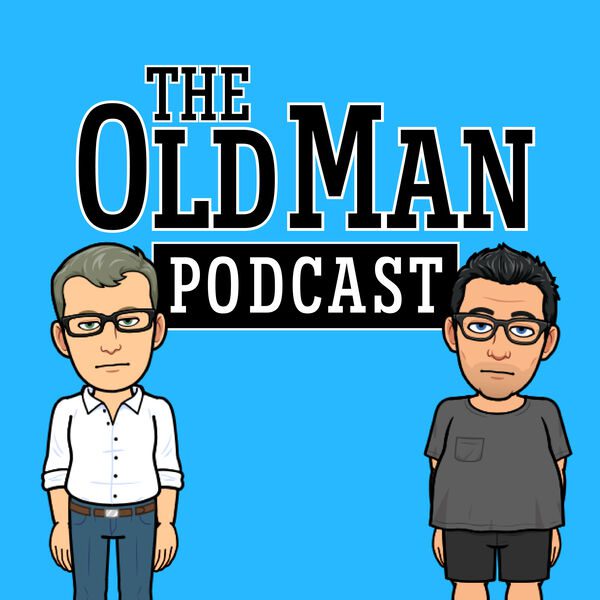Why Your Hearing May Affect Your Cognitive Health

One too many concerts, or did you work in a factory or on a noisy job site? Were you in the military, law enforcement, a hunter, a musician or in some other way exposed to sudden loud sounds? Do your ears ring?
Have you asked your friends to repeat themselves recently because you can’t hear as well as you once did? You aren’t the only one with age-related hearing loss: It affects about 1 in 3 adults aged 65 and older and half of the adults aged 75 and older.
Age-related hearing loss may seem like nothing more than a nuisance, but it’s linked with Depression, loneliness, and cognitive decline. Some older adults bow out of get-togethers because they can’t hear well enough to connect with the people around them.
“Hearing loss is probably one of the most disabling symptoms that older adults can experience because it does cause so much isolation,” says Rehan Aziz, MD, associate professor of psychiatry and neurology at the Rutgers Robert Wood Johnson Medical School in New Brunswick, New Jersey. “Imagine not being able to hear your friends anymore. Not being able to watch movies if you can’t hear the dialogue… or listen to your favorite music. That’s the world that older adults start to experience.”
Why hearing may impact cognition
A growing body of research has shown that hearing loss increases the risk of cognitive decline and dementia. Researchers aren’t sure why, although some hypothesize that gaps in hearing make it harder for people to process information.
“If you’re not hearing, input isn’t coming to that part of the brain, [and] that part of the brain can start to shrink,” Aziz says. “There’s also been some thought that if people are not hearing, then the brain has to work harder to try to compensate for the hearing loss, and that might have a negative impact on other things they’re trying to do.”
Why you should monitor your hearing
Doctors don’t routinely offer hearing screenings, but ask for one if you’re having trouble understanding people. Assistive listening devices may help you remain vitally connected to friends.
“Unfortunately, many patients have a very negative view of hearing aids,” Aziz says. “[But] people can tend to minimize the hearing loss in late life.” Maintaining functional hearing may help reduce the risk of cognitive decline by keeping you connected with friends and relatives.
“Studies have consistently shown that elders who are socially isolated – they don’t have friends or support – are at much higher rates of dementia than elders who have a good social circle,” Aziz says. “What’s important is the group aspect… It’s people to interact with and to dialogue with, and that helps to reduce rates of dementia.”
Lisa Fields is a full-time freelance writer who specializes in health, psychology, Sleep, nutrition, and fitness. Her work has been published by Reader’s Digest, WebMD, Women’s Health, Good Housekeeping, Self, and many other publications. Learn more about Lisa at https://www.writtenbylisafields.com.
The opinions expressed by contributing authors are not necessarily the opinions of the Dementia Society, Inc. We do not endorse nor guarantee products, comments, suggestions, links, or other forms of the content contained within blog posts that have been provided to us with permission, paid or otherwise. Dementia Society does not provide medical advice. Please consult your doctor. www.DementiaSociety.org























